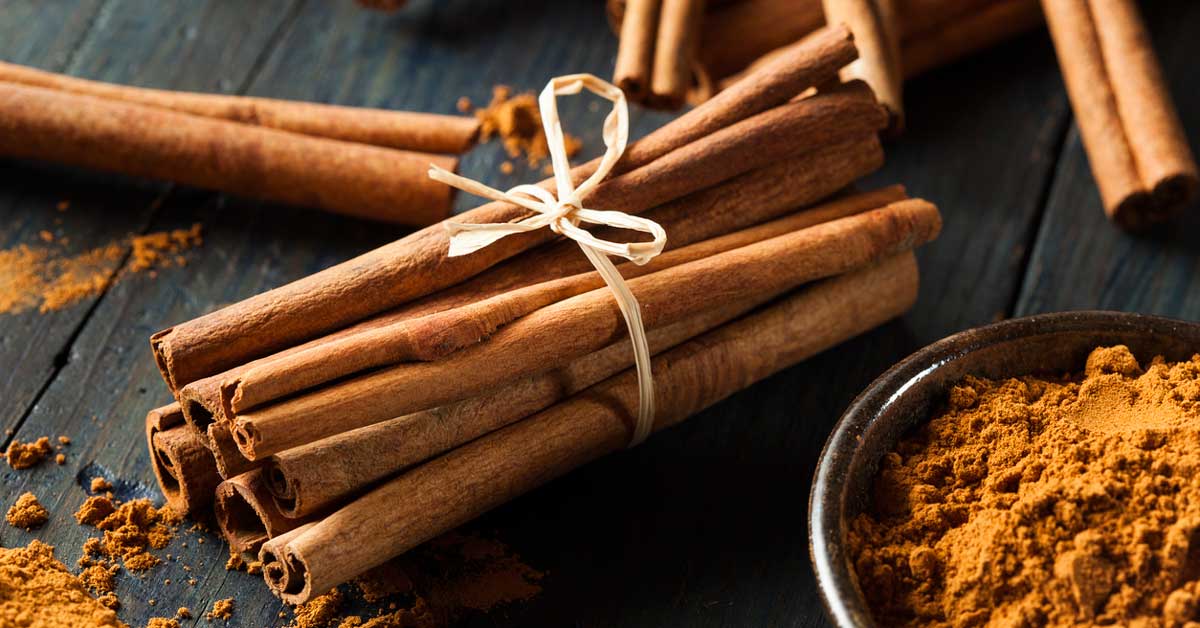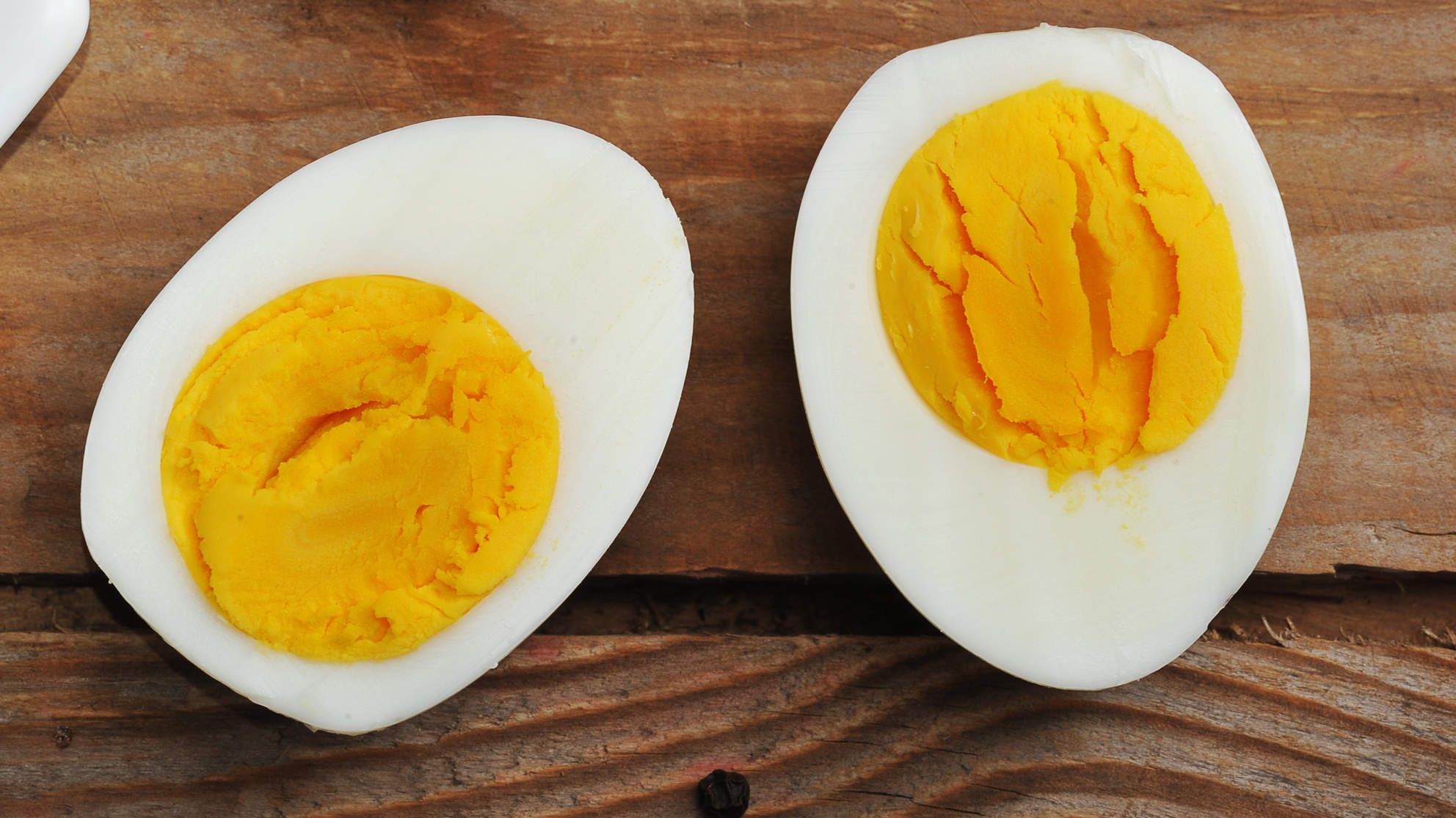It is always advised that breakfast should be the heaviest meal of the day while dinner should be the lightest. People generally consume high-protein foods in the morning for energy boost and avoid them completely at night. But, a new study claims that consuming protein-rich snacks at bedtime might not be such a bad idea. The study that was published in the journal ‘Nutrition' studied the relationship between night-time eating, weight gain, and metabolism, especially in women who lead an active lifestyle. The findings revealed that consuming proteins at night as compared to taking in proteins during the day does not adversely affect overnight digestion process and belly fat metabolism.
Study author Michael Ormsbee, an associate professor in the College of Human Sciences and the associate director of the FSU Institute of Sports Sciences & Medicine said, "For far too long, people have been led to believe that eating before bed causes metabolic disturbances and will make them gain fat. However, the data simply does not support this when the food we choose to eat before bed is protein-based and small in size."
The team of researchers roped in women weight trainers and studied two different conditions of protein intake. In one condition, the participants were fed casein protein shake 30 minutes after a workout and a taste-matched placebo shake 30 minutes before bed. In the other condition, the women trainers were fed the shakes in the reverse order. The team then assessed overnight fat metabolism in the participants. They tried to determine whether the timing of protein consumption was linked to fat release by fat cells and also studied their bodies' capacity to burn the fat released as energy in the muscles.
Allman, now a postdoctoral fellow at the University of Arkansas for Medical Sciences and the Arkansas Children's Nutrition Center, stated, "In women who weight train, there are no differences in overnight local belly fat metabolism or whole-body fat burn whether you eat protein in the form of a protein shake during the day post-workout or at night pre-sleep. So, essentially, you can eat protein before bed and not disturb fat metabolism."
Cinnamon (called dalchini in Hindi) is widely used to add a distinct flavour to various dishes. The aromatic spice is not just a part of the culinary world, but is also a popular ingredient in ancient Ayurveda healing practices. Cinnamon offers many medicinal properties and one of the most prominent ones is its ability to deal with the problem of diabetes. Diabetes is a disease that refers to unusually high amount of blood sugar in the body. The body is unable to produce enough insulin and process the glucose consumed, which eventually enters and stays in the bloodstream. This leads to spike in the blood sugar level. Cinnamon has certain qualities that help in maintaining the sugar level.
How Is Cinnamon Useful For Managing Diabetes?
- The spice is known to stimulate cells for glucose consumption. Consuming cinnamon promotes the release of insulin from pancreas and boosts insulin sensitivity that helps in the processing of glucose.
- It contains some anti-diabetic compounds that help lower down the rate at which glucose enters our body. This helps in maintaining the level of fasting blood sugar in people suffering from Type-2 diabetes.
- Cinnamon improves the digestive system, which is directly linked to the problem of diabetes. A healthy digestive tract will process, digest sugar and flush out excess sugar to keep the sugar level in the blood under control.
How To Use Cinnamon To Deal With High Blood Sugar?
1. Drink Cinnamon Water
The best way to consume cinnamon for diabetes is to drink water infused with the spice. Soak a 2-inch piece or bark of cinnamon in a glass of water. Leave it overnight and drink it first thing in the morning on an empty stomach.
2. Replace Sugar With Cinnamon
Cinnamon, with its mild sweet flavour, can be used as a natural sweetener and also as a healthy alternative to sugar for all kinds of desserts like cakes and pies, and also traditional Indian sweet dishes like kheer, halwa and barfi.
2. Drink Cinnamon Tea Or Coffee
Make spiced tea (masala chai) with a dash of cinnamon powder or add some of it to the coffee you are brewing. The unique taste of cinnamon, plus its various health benefiting properties will level up your hot cup of beverage in ways more than one.
4. Add Cinnamon To Your Oatmeal
Rev up your nutritious oatmeal with a sprinkling of cinnamon powder. You can also avoid sugar or honey; cinnamon will make your bowlful of fruits and cereals taste great as is.
5. Add It To Indian Curries
Well, this is already a common way to use cinnamon in our kitchens. Saute a small cinnamon stick with other dry spices like cloves and peppercorns to make flavoursome curries.
Consuming cinnamon regularly may be beneficial for managing diabetes. However, it is recommended to exercise moderation while picking up the quantity of the spice. It is believed that 3-6 grams of cinnamon in a day is enough to avail its benefits.
Magnesium is the fourth most abundant mineral in your body and the second most common intracellular cation (positively charged ion) after potassium
Magnesium is required for the healthy function of most cells, especially your heart, kidneys, and muscles. A lack of magnesium will impede your cellular metabolic function and deteriorate mitochondrial function
Magnesium resides at the center of the chlorophyll molecule, so if you rarely eat leafy greens, you’re likely not getting all the magnesium you need unless you’re supplementing
Some researchers insist the magnesium RDA is inadequate, warning that many suffer from subclinical magnesium deficiency that can compromise their cardiovascular health
Evaluate your signs and symptoms of magnesium insufficiency and make sure you eat magnesium-rich foods and/or take a magnesium supplement, balanced with vitamins D3, K2, and calcium. Low potassium and calcium are also common laboratory signs indicating a magnesium deficiency
How Magnesium Benefits Your Body
Magnesium is involved in more than 600 different biochemical reactions in your body, which play important roles in:
Creation of adenosine triphosphate (ATP), the energy currency of your body
Metabolism of calcium, potassium, zinc, phosphorus, iron, sodium, hydrochloric acid, acetylcholine and nitric oxide, as well as 300 enzymes, and the activation of thiamine.
Magnesium is also required for DNA, RNA and protein synthesis and integrity
Mitochondrial function and health. Magnesium is required both for increasing the number of mitochondria in your cells and for increasing mitochondrial efficiency
Regulation of blood sugar and insulin sensitivity, which is important for the prevention of Type 2 diabetes
(In one study,18 prediabetics with the highest magnesium intake reduced their risk for blood sugar and metabolic problems by 71 percent)
Relaxation of blood vessels and normalizing blood pressure
Detoxification, including the synthesis of glutathione and likely lowering the damage from EMF by blocking voltage-gated calcium channels
Muscle and nerve function, including the action of your heart muscle
Antioxidant defense via a number of different mechanisms, including anti-inflammatory activity and support of the endothelial and mitochondrial function
Maintenance of ionic gradients — keeping intracellular sodium and calcium low and potassium high — and maintaining cellular and tissue integrity
Mental and physical relaxation; stress antidote
Signs and Symptoms of Magnesium Deficiency
Common signs and symptoms of magnesium insufficiency This will also help you gauge how much magnesium you need to resolve your deficiency symptoms.
Seizures; muscle spasms, especially “Charley horses” or spasms in your calf muscle that happen when you stretch your leg and/or eye twitches
The Trousseau sign.25 To check for this sign, a blood pressure cuff is inflated around your arm. The pressure should be greater than your systolic blood pressure and maintained for three minutes.
By occluding the brachial artery in your arm, spasms in your hand and forearm muscles are induced.
If you are magnesium-deficient, the lack of blood flow will cause your wrist and metacarpophalangeal joint to flex and your fingers to adduct. For a picture of this hand/wrist position, see Wikipedia26
Numbness or tingling in your extremities
Low potassium and calcium levels
Insulin resistance
Increased number of headaches and/or migraines
High blood pressure, heart arrhythmias and/or coronary spasms
Low energy, fatigue and/or loss of appetite
Our body tries to communicate with us through various ways. Having a balanced diet is of utmost importance as it is one of the most effective ways to feed the body with essential vitamins and minerals. Your diet can tell a lot about your overall health. It's very important to watch out for some signs that your body is trying to give. Here are 5 ways in which your body is trying to tell that your diet is all wrong.
1. Thinning Hair
Thinning of hair is usually to do with less intake of iron. Iron plays an important role in the body as it produces red blood cells which then carries oxygen in the blood. However, lack of iron may lead to thinning of hair. Adding green leafy vegetables and pulses to your diet could possibly help you get rid of this problem.
2. Bad Breath
Bad breath usually occurs through a metabolic process known as ketosis. When our body doesn't have sufficient glucose for energy, it burns stored fats which results in building up of acids known as ketones. People who eat a low-carb diet get ketones on their breath.
Not drinking enough water may lead to constipation. Both fiber and water are important for a healthy bowel movement. Hence, it is always advisable to add wholegrains, nuts and fiber-rich foods in the diet.
4. Cracks At The Corners Of Your Mouth
Cuts and cracks that usually occur at the corners of the mouth are due to the deficiency of iron. Fungal and bacterial infections could also lead to the same. Use your lip balm or petroleum gel to cure it.
Your skin can tell a lot about your health. A poor diet could lead to pimples and acne. White patches on skin could possibly be due to the deficiency of calcium in the body.
So if you're facing any of these problems, then it's time to tweak your diet a bit by adding healthy and nutrient-dense foods to your diet.

Weight loss diets are a dime a dozen and it can be very confusing for someone wanting to shed those extra kilos, to process all that information and settle for a diet plan that actually works. Diet is crucial for weight loss and is known to be even more important than exercise, if you want to shed a few pounds fast. A number of so-called health influencers and celebrities will try to convince you that the diet they follow or the weight loss products they consume really work, but it's difficult to ascertain whether their claims are truthful or not. Certain diets can be quite distressing as they tend to be quite restrictive in nature. However, the dopamine diet for weight loss is one that promises not just slimmer body, but also a happier mind.
It may sound like an oxymoron, but the dopamine diet is based around the principle of consuming foods that boost the production of the neurotransmitter dopamine in the brain. The diet is therefore, also known as the 'happy diet'. The diet is also called the Tom Kerridge Diet, after the Michelin-starred chef who claimed to have lost almost 70 Kgs in three years by following the diet! Most diets seem to be very hard to follow in the long term, as they restrict the consumption of healthy carbohydrates or eliminate entire food groups from your meals. But the dopamine diet seems to be different as it doesn't eliminate carbs, proteins or fats, but instead just bans the consumption of alcohol and starchy carbs. The dopamine diet includes working around recipes that include a lot of fresh produce including fruits, vegetables, as well as plenty of protein.
Dopamine Diet For Weight Loss
So what are the main foods that dopamine dieters should consume more of? Chef Kerridge believes that his 'dopamine heroes' are foods like dairy products including yogurt, good quality meat products like beef, chicken and turkey, and even chocolate! The diet seems to be based around the growing research evidence that suggests that certain foods are capable of triggering happy hormones in the body. Some studies have even suggested a link between body weight and the production of dopamine in the body. The studies have suggested that an exposure to excessively sugary and fatty foods may impair dopamine release pathways in overweight people. This may lead to depressive symptoms and low feelings, as well as habits of overeating in people with a high weight.
On the other hand, it has been found that eating protein-rich meals may curb your appetite, whilst also increasing the production of dopamine in your body. This is because proteins are made up of amino acids, which are important for release of dopamine. The dopamine diet may work, as it doesn't deprive you of any particular food, although it does encourage reducing the consumption of carbohydrates.
Does The Dopamine Diet Work?
Any diet that promotes the consumption of fresh fruits and vegetables over starchy carbohydrates may work by making you eat healthy and cleaning up your meals. Most health experts will advise you to include more fresh produce and proteins in your diet and eliminate alcohol, and sugary and fatty foods. But there is limited evidence to suggest that the diet will surely leave you with feelings of happiness. The dopamine diet is based on the fact that the amino acid tyrosine converts to dopamine in the body, but there is not enough scientific evidence to suggest that eating more proteins will definitely result in more release of dopamine in the brain.
Daily exercise and a generally healthy diet including less sugar and less fat is said to be better for your overall health, whether a celebrity chef condones it or not!










